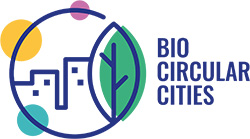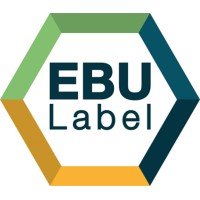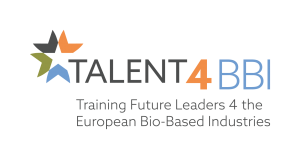ROBIN project
This project ends on: 31/08/2025
Deploying circular BIOecoNomies at Regional level with a territorial approach
Europe’s regional authorities have a crucial role to play as agents of just, inclusive and resilient economic development for their territories. ROBIN sets out to empower them to fulfil this role with support to co-shape their governance structures and models in ways that accelerate the deployment of their circular bioeconomy targets, while also promoting social innovation and accounting for different territorial contexts.
To this end, we establish and demonstrate the potential of innovative circular bioeconomy governance structures and models in 5 European Regions within Ireland, Germany, Spain, Slovakia and Greece.
Our journey begins by setting-up Multi-Actor Regional Constellations engaging key stakeholders to co-create and work alongside novel governance structures.
Additionally, we provide the regions with tailored support for enhanced and more inclusive stakeholder engagement, as well as a practical toolbox to improve the design, operation and monitoring of their governance models. In parallel, a monitoring and evaluation framework will gauge the performance and impact of our support actions and tools, providing quantifiable evidence of their economic, social and environmental impact.
We will use this evidence to engage over 10 additional European regional authorities to test our tools and make a concrete case for their transferability, while also offering mutual learning and capacity building opportunities.
Contacts:
Dr. Clémentine Roth: clementine.roth@steinbeis-europa.de
website: https://robin-project.eu/












